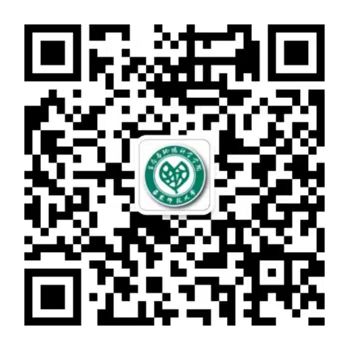讲座题目:Lanthanide-dependent cross-feeding of methane derived carbon is linked by microbial community interactions
主讲人: Sascha Krause 博士
主持人: 周小奇 教授
开始时间: 2018-4-30(周一)上午9:30
讲座地址:闵行校区资环楼435会议室
主办单位:生态有环境科学学院科技处
报告摘要:
A great challenge in microbial ecology lies in determining the underlying mechanisms that drive interactions in complex natural communities. In this study, we used bacterial isolates from Lake Washington sediment that are important for the utilization of the greenhouse gas methane. I will present an example how simple co-cultures can be used to identify mechanisms involved in cross-feeding in microbial communities, which cannot be deduced from pure cultures alone. The data will demonstrate that the presence of one species alters gene expression and metabolism in another species such that the second species excretes a carbon and energy source to sustain the cross-fed species. This mode of cross-feeding based on partner-induced altered gene expression may have important implications for microbial interactions in the environment.
主讲人: Sascha Krause 博士
主持人: 周小奇 教授
开始时间: 2018-4-30(周一)上午9:30
讲座地址:闵行校区资环楼435会议室
主办单位:生态有环境科学学院科技处
报告人简介:
Dr. Sascha Krause works as a research assistant professor at the Department of Microbiology, University of Washington. Dr. Krause got his Ph. D at Max Planck Institute for Terrestrial Microbiology and Philipps University, and carried out his postdoctoral research at Netherlands Institute of Ecology. Dr. Krause’s research mainly focuses on environmental microbiome and microbial interactions, and has published many papers in top ranking journals, especially in PNAS and the ISME Journal. For more information, welcome to his website: http://www.linkedin.com/in/SMBkrause报告摘要:
A great challenge in microbial ecology lies in determining the underlying mechanisms that drive interactions in complex natural communities. In this study, we used bacterial isolates from Lake Washington sediment that are important for the utilization of the greenhouse gas methane. I will present an example how simple co-cultures can be used to identify mechanisms involved in cross-feeding in microbial communities, which cannot be deduced from pure cultures alone. The data will demonstrate that the presence of one species alters gene expression and metabolism in another species such that the second species excretes a carbon and energy source to sustain the cross-fed species. This mode of cross-feeding based on partner-induced altered gene expression may have important implications for microbial interactions in the environment.


